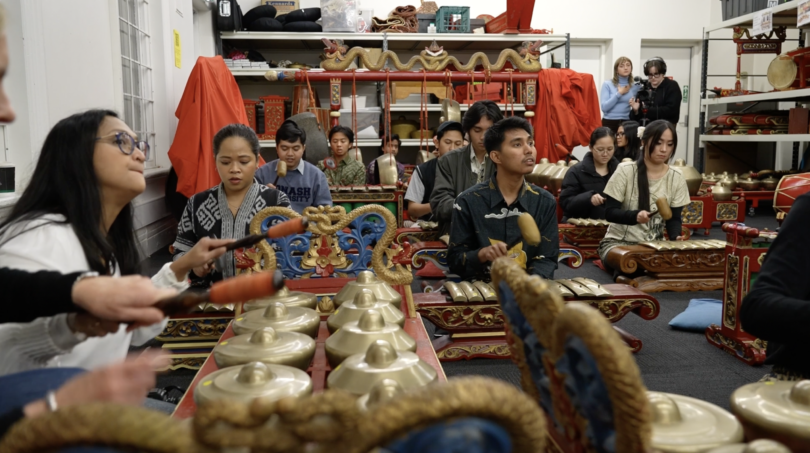Pernahkah anda ingin belajar bahasa Indonesia?
At the Kathleen Syme Library and Community Centre, the Australian Indonesian Youth Association, or AIYA, holds a weekly language exchange.
Language Exchange, or LX, is an opportunity to use and improve your Indonesian and English language skills with native speakers and other language learners.
Every week a different topic is covered such as Indonesian art, food, films and music, all looked at through an Australian and Indonesian lens.
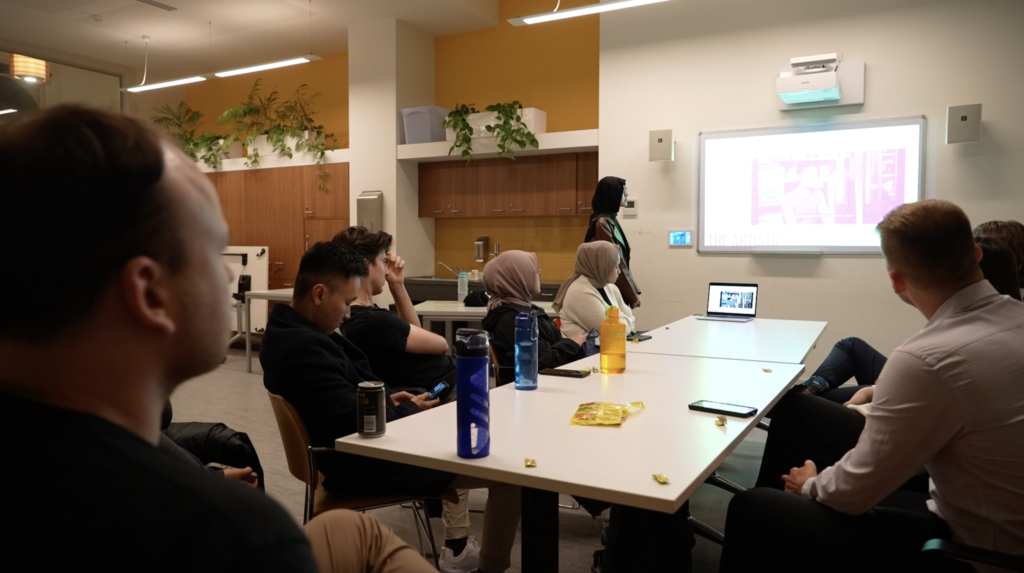
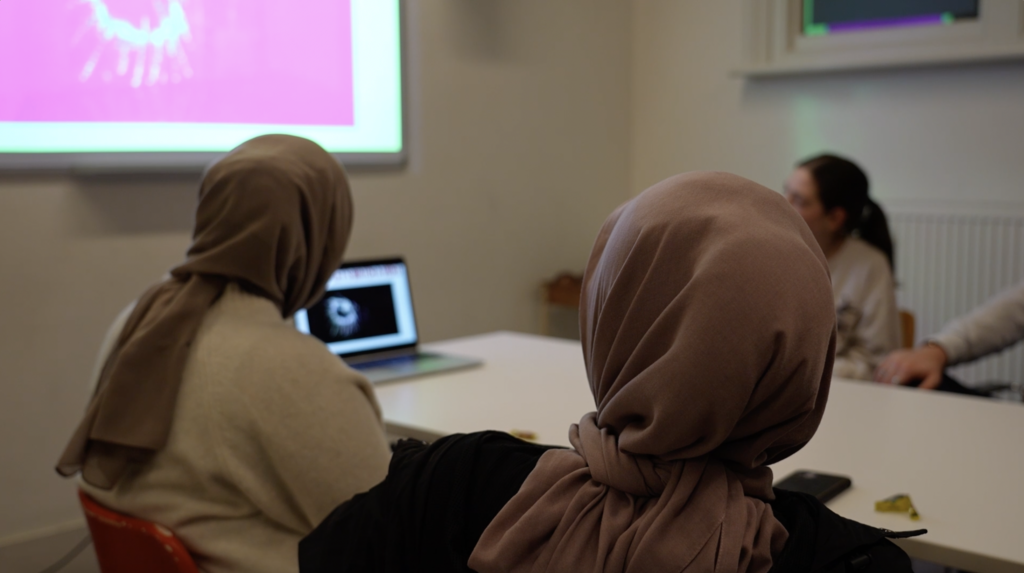
AIYA member Ninne Aztari said LX has helped her socialise with others and learn about Australian life.
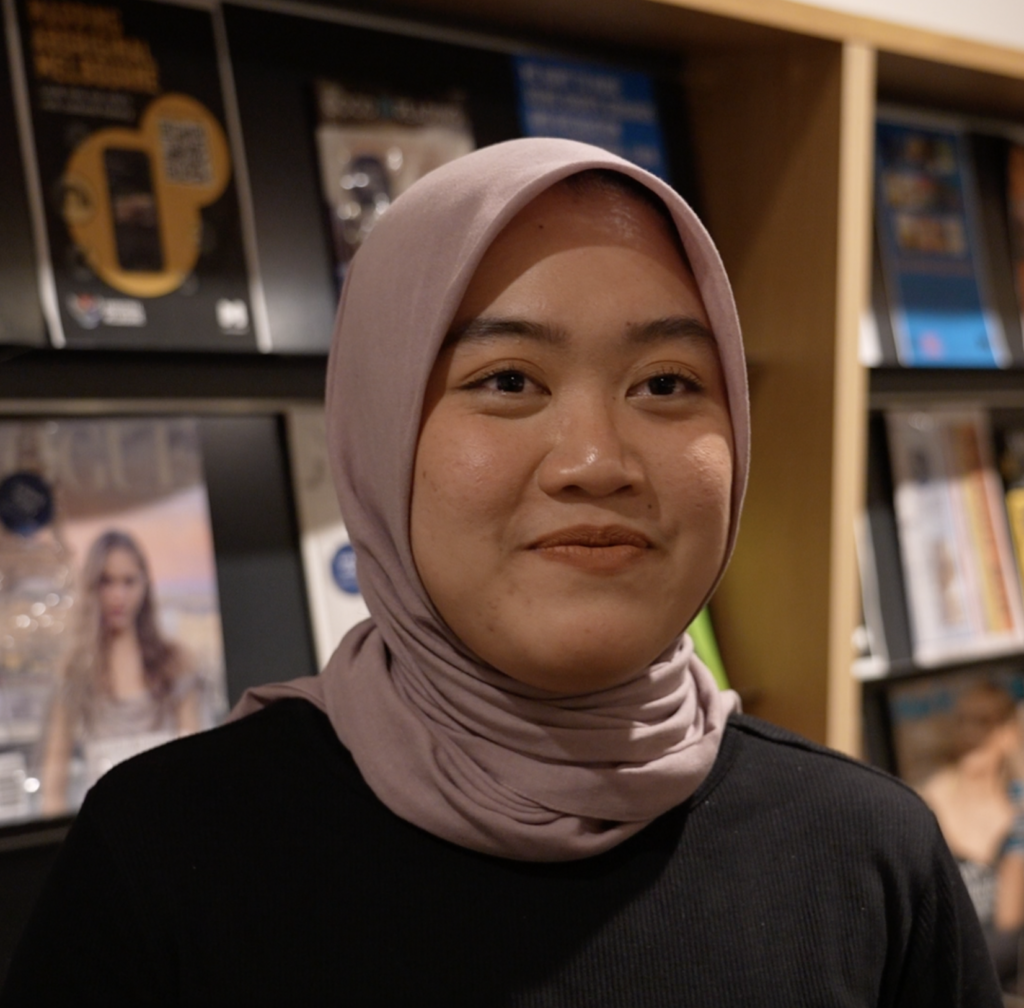
“I think Australia and Indonesia are tied together by geography. So, I think we need to understand each other more, especially in the culture,” she said.
Established in 2011, AIYA is a not-for-profit, youth-led organisation which aims to further connect young Indonesians and Australians to each other and to Australia-Indonesia related opportunities.
AIYA has five chapters based in Australia and another five in Indonesia.
AIYA Victoria president Angus Baranikow said everyone is welcome to attend these Language Exchange sessions regardless of language ability.
“One thing that we’ve always prided ourselves on with language exchange is making it accessible to anyone of any kind of skill level, either in Bahasa or in ‘Bahasa Inggris’, English,” he said.
“One of the best parts about LX is the fact that it tries to give people an opportunity, particularly in a field that can be quite intimidating at times to get into.”
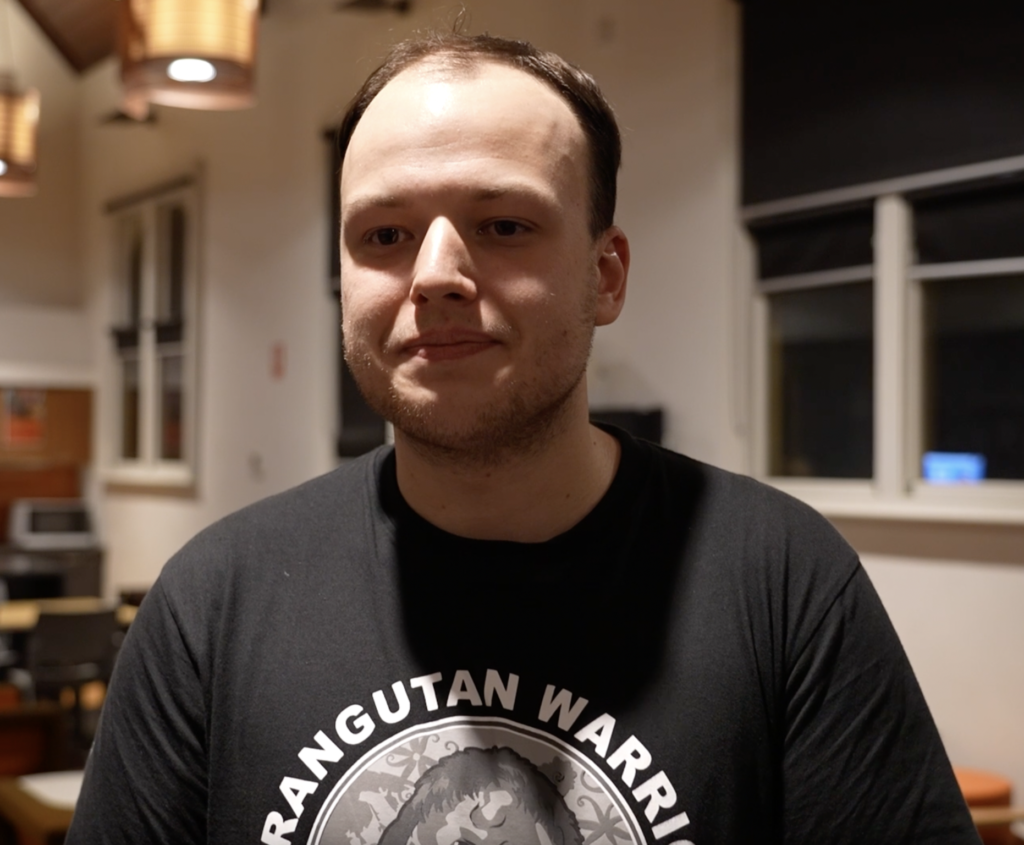
Baranikow said it is important for Australians to learn about Indonesian culture.
“We have a long history with Indonesia that a lot of people don’t know about. Our ties with Indonesia go back to Aboriginal ties with the people of Makasar,” he said.
“I think a lot of people, if they understood kind of the historical connection we had with Indonesia, I think a lot of people would be kind of more willing to get involved.”
Baranikow said although the community is tight-knit, on the whole not many Australians know about Indonesia or Indonesian culture.
“I think it is a relatively niche area,” he said.
“This is showcased by the troubling statistics regarding Indonesian studies intake within Australia, most specifically the sharp decline in the amount of VCE students studying Indonesian until Year 12, and even the intake of university students studying Indonesian at the university level.”
According to an article in The Conversation, there has been a significant drop in students studying Indonesian to the end of high school. The number of Victorian high school students taking Indonesian in Year 12 has fallen from 1,061 in 2002 to 387 in 2022.
Similarly, in 1992 there were 22 Australian universities teaching Indonesian however by 2022, this number was down to 12.
To rebuild cross-cultural understanding, AIYA collaborates with other Indonesian associations, including the Indonesian Students’ Association of Australia (Perhimpunan Pelajar Indonesia Australia), or PPIA.
An example of this is their Gamelan and Wayang Workshop.
Gamelan is traditional Indonesian percussion consisting of various gongs and sets of metal instruments and wayang is a traditional form of shadow puppetry.
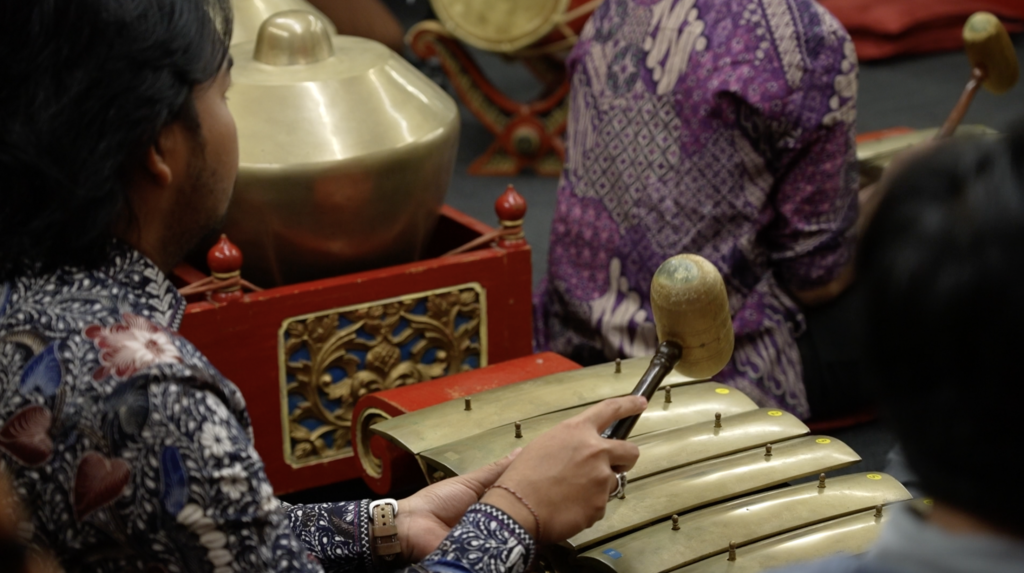
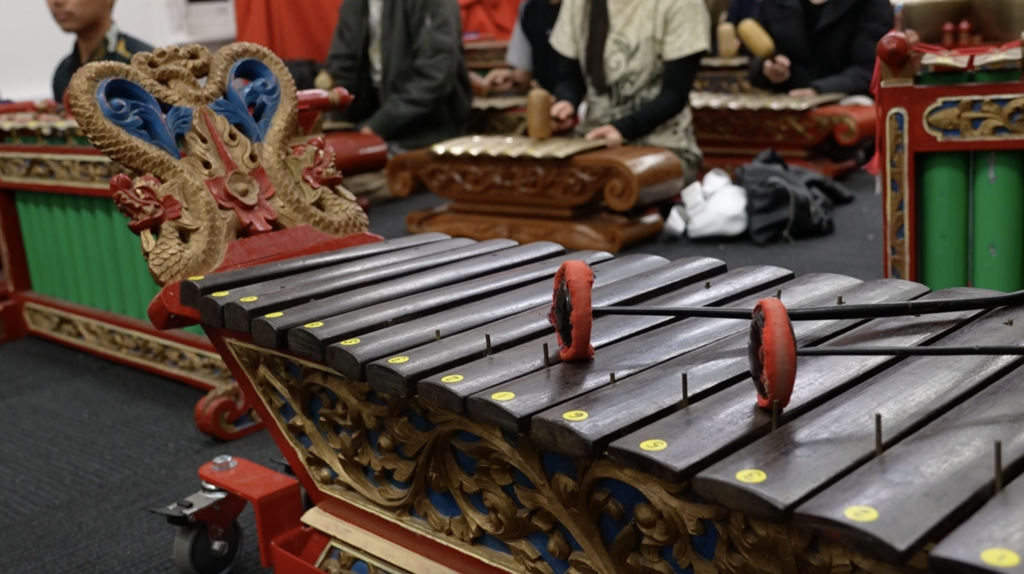
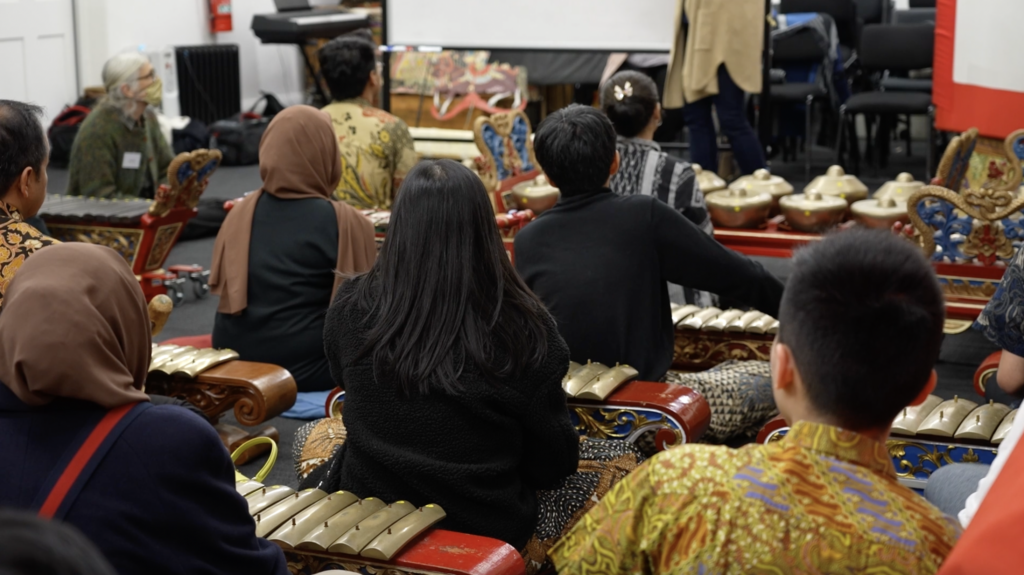
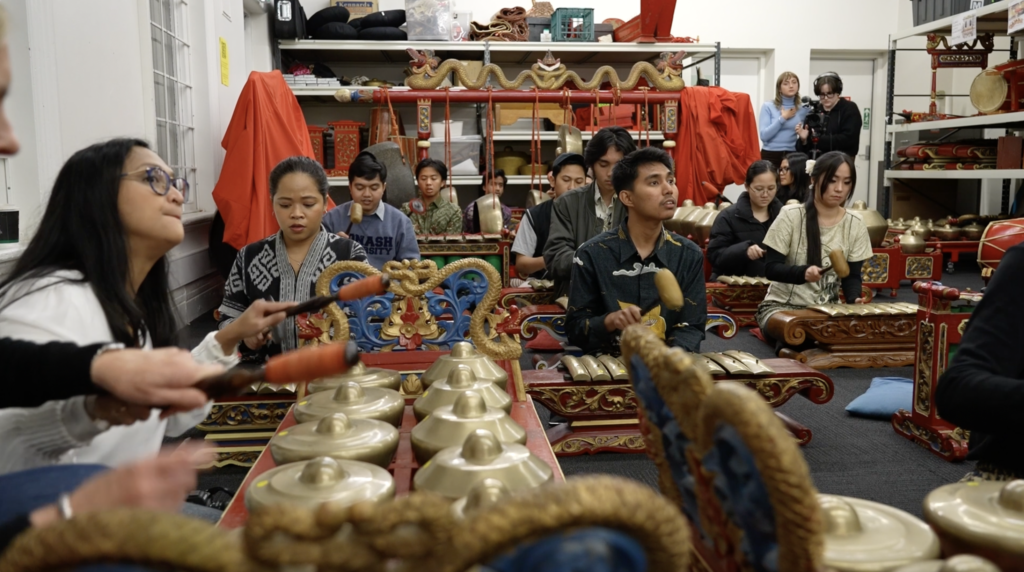
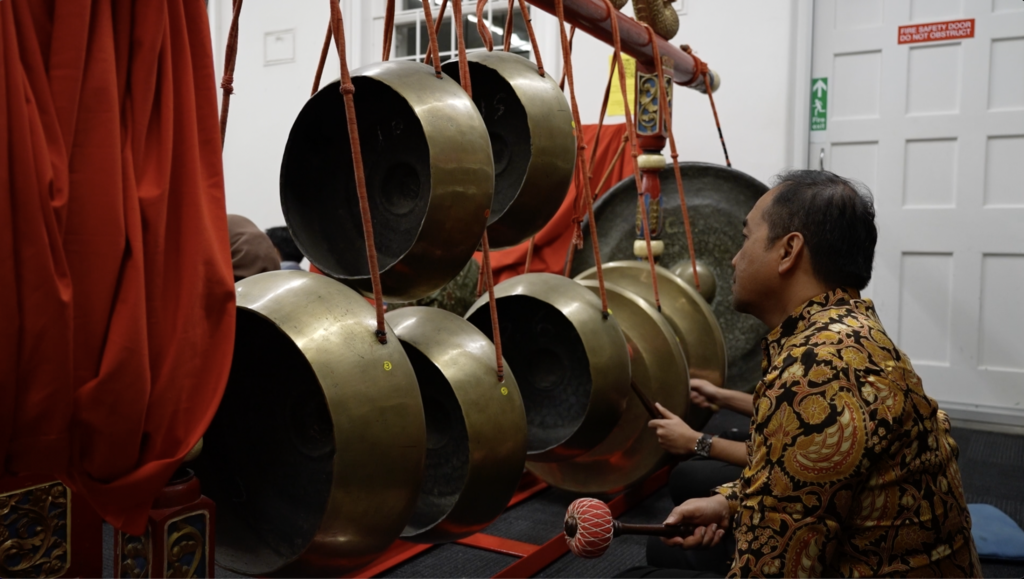
A collaboration between PPIA and AIYA, this workshop hopes to preserve and promote these traditional arts for generations to come.
PPIA Victoria president Anak Agung Gde said this event is to encourage Indonesian language and culture learning for Australian citizens.
“I think our goal is to bridge the cultural differences between Australia and Indonesia,” he said.
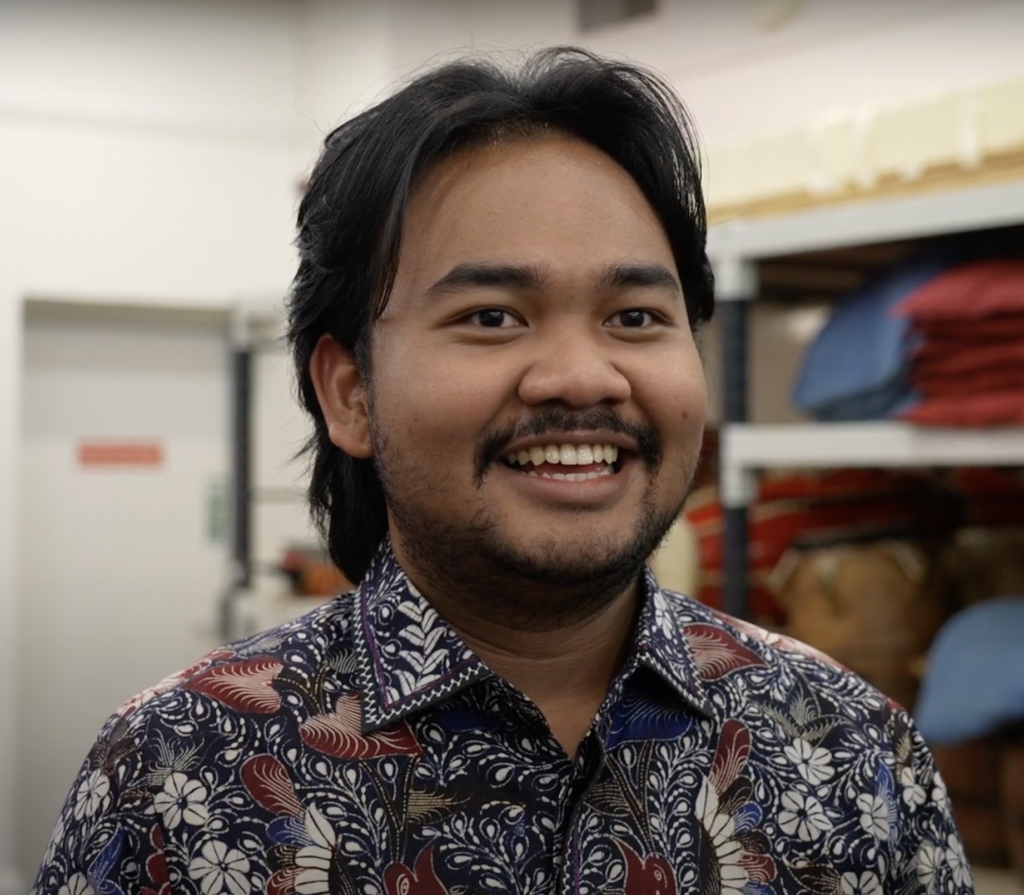
“We kind of want to engage in a conversation, a cultural conversation around Australia and also Indonesia.
“I think events like the Gamelan workshop are a great first step towards a better understanding of Indonesia and Australia.
“I think the youth has the biggest role to be the front line of this cultural exchange.”
Mirroring this, Baranikow said youth hold the key to these intercultural relations.
“I think youth-led organisations are actually one of the most important groups to be working in this field, just because we are the next generation that will kind of tap into the relationship as it’s really beginning to enter its golden age.”
Baranikow said what draws people the most to learn about Indonesia would probably be the people.
“I think there are so many Indonesians involved within the Melbourne Diaspora community, and so many of them are willing to welcome in new people to their culture,” he said.
“All it takes is just a simple conversation to enter their culture.”
(Featured Image: LILY KRISTANTO)

